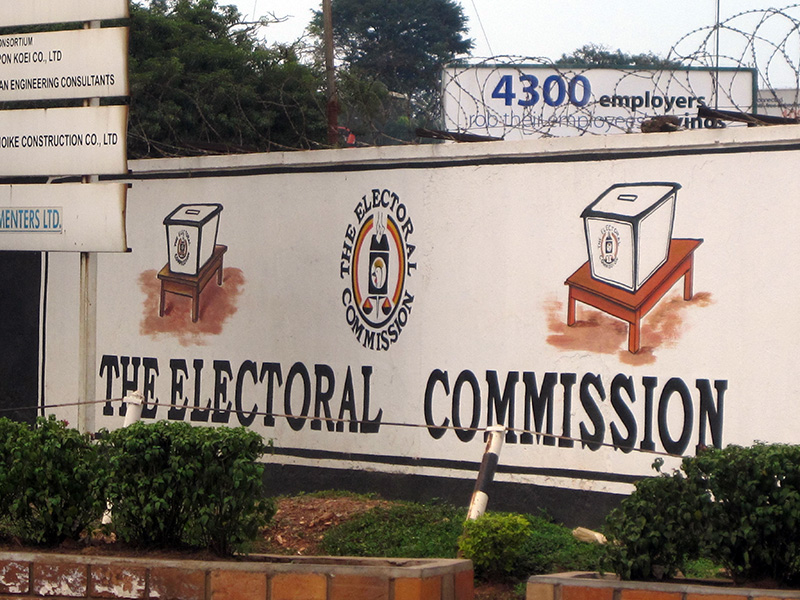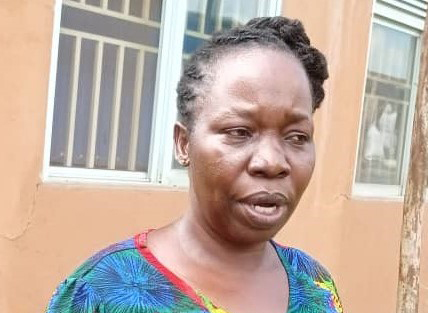KAMPALA, UGANDA – Spokespersons for cultural and traditional institutions across Uganda have expressed their commitment to supporting the Electoral Commission’s civic and voter education programs ahead of the 2026 General Elections.
Civic and voter education encompasses the entire electoral process and provides citizens with essential information on how to participate meaningfully in elections, including how to correctly cast their votes.
Speaking on behalf of the spokespersons of cultural and traditional institutions, Steven Masiga said they have formally written to the Secretary of the Electoral Commission, expressing their willingness to be part of the mobilization and awareness efforts.
Masiga, who also serves as the spokesperson for the Bugisu Cultural Institution, emphasized the urgency of addressing poor voting patterns in previous elections. He noted that various studies have shown that over 20% of ballots are invalidated due to voter errors, including ticking multiple candidates or failing to mark the ballot at all.
“Civic education has been inadequate,” Masiga said, referencing a recent report by the Bugisu NGO Forum, which highlighted insufficient voter education as a key contributor to low turnout and high numbers of invalid votes.
He added that cultural and traditional institutions are trusted by local communities and can play a vital role in bridging the communication gap. “Our communities look up to cultural leaders for guidance. If we are not involved, people are less likely to engage,” he noted.
Masiga cited research indicating that at least 35% of Ugandans prefer to hear from their cultural leaders before participating in activities such as voting. He stressed the effectiveness of using local languages, which cultural institutions naturally employ in their communication, making information more accessible and relatable.
The spokespersons also identified several challenges hindering voter participation, including:
- Voter apathy, where citizens believe their votes don’t matter
- Misconceptions about voting being a complicated process
- Urban voter indifference, with many simply unwilling to leave their homes to vote
- Cultural barriers, where individuals of high status (e.g., princes and princesses) feel it is beneath them to line up to vote
“As spokespersons of cultural and traditional institutions, we are ready to challenge these mindsets by raising awareness on the importance of voting,” Masiga said. “In some countries, those who choose not to vote are even required to pay a fine—underscoring how important civic participation is.”
He affirmed that Uganda’s 18 recognized cultural and traditional institutions, once actively engaged, could significantly boost voter turnout in the upcoming elections.
“We are happy that the Electoral Commission received our request to participate in the civic education exercise,” Masiga concluded. “As interim chairperson representing all spokespersons, I can say we are united in this cause.”




















